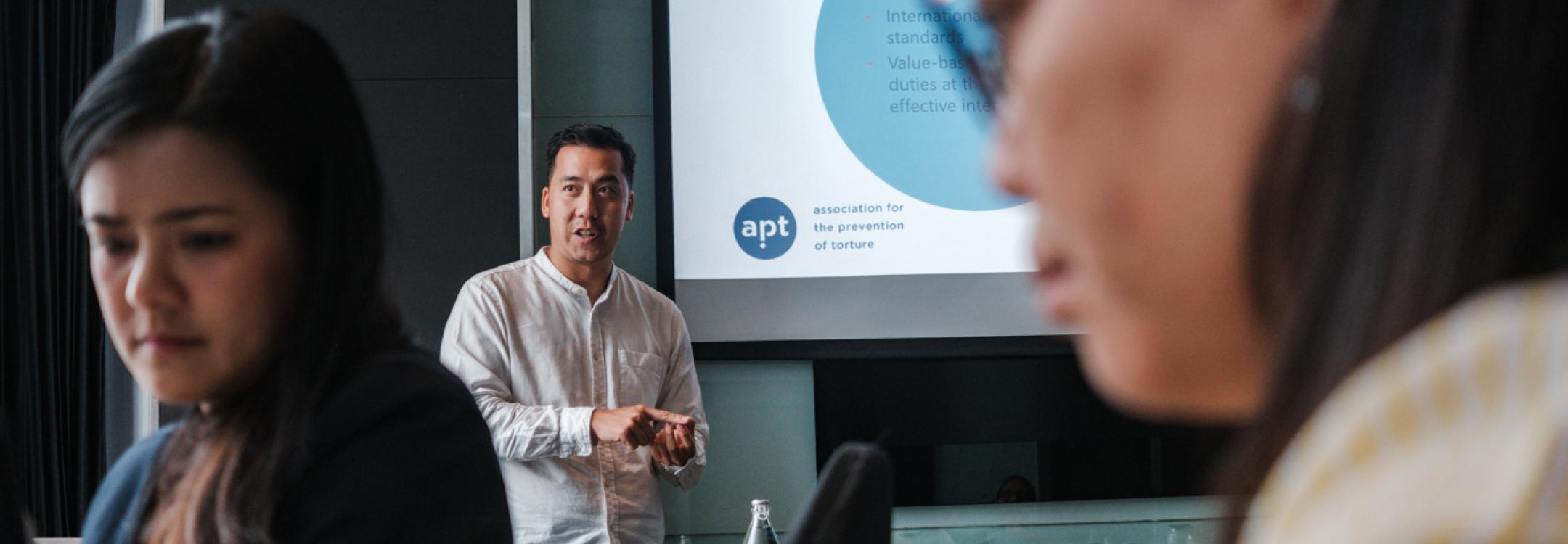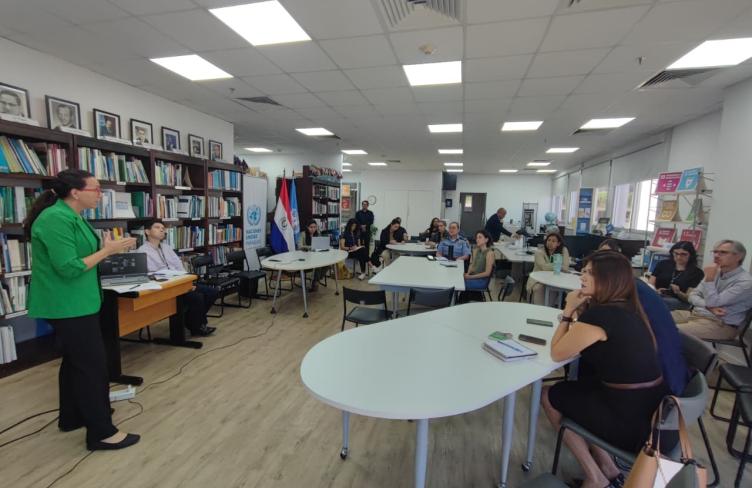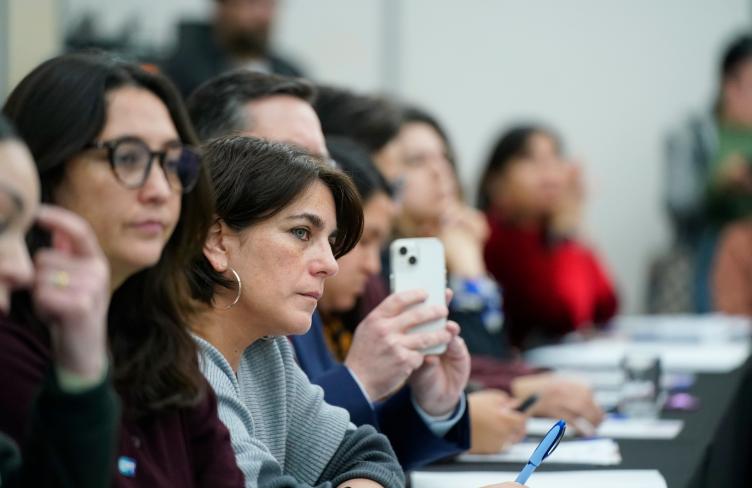
Eight National Human Rights Institutions (NHRIs) from across Asia strengthened their capacity and commitment to prevent torture and ill-treatment at a regional workshop, with participants highlighting the opportunity to build stronger networks, deepen knowledge, and exchange strategies as the most valuable outcomes. Many emphasised how connecting in person allowed them to compare challenges and learn from each other’s approaches to torture prevention.
“The workshop provided a platform for NHRIs in the Asia-Pacific region to come together, share knowledge, new ideas, best practices, challenges and strategies to overcome them, which would in turn help NHRIs to fulfil our torture prevention mandates more effectively. This workshop has also paved a pathway for a build up of a collaborative community where we will continue to work together and support each other in our ongoing efforts to prevent torture,” said Ameera Naem, Director, National Preventive Mechanism, Human Rights Commission of the Maldives.
Discussions focused on strengthening NHRI capacity to monitor police detention, advocate for ratification and implementation of the Optional Protocol to the Convention against Torture (OPCAT), and explore how the International Principles on Effective Interviewing for Investigations and Information Gathering can reinforce safeguards and reduce risks of ill-treatment. Participants also reflected on ways to strengthen oversight of detention and promote accountability in their countries.
The programme combined an online learning phase with an intensive in-person workshop held in Bangkok, Thailand from 19 to 21 August 2025, followed by ongoing engagement between participants and organisers. It brought together representatives from NHRIs in Indonesia, Maldives, Malaysia, New Zealand, South Korea, Taiwan, Thailand, and Timor Leste. The initiative was organised in partnership with the Asia Pacific Forum of National Human Rights Institutions (APF), with funding support from the Taiwan Foundation for Democracy (TFD).
The Asia-Pacific is the region with the fewest State parties to the UN Convention against Torture and the OPCAT, and it has no regional human rights mechanism. Being able to put together events like this was therefore all the more important for stronger regional collaboration. Through this, the APT and APF were able to reinforce the role of NHRIs as key actors in bridging the gap between international human rights standards and national implementation.



